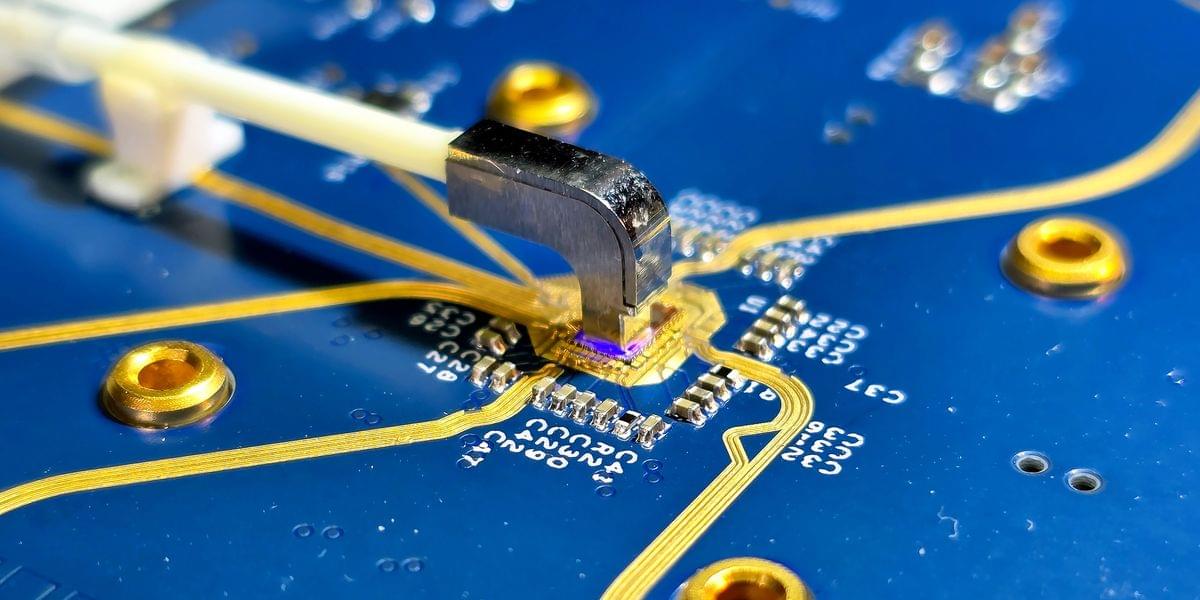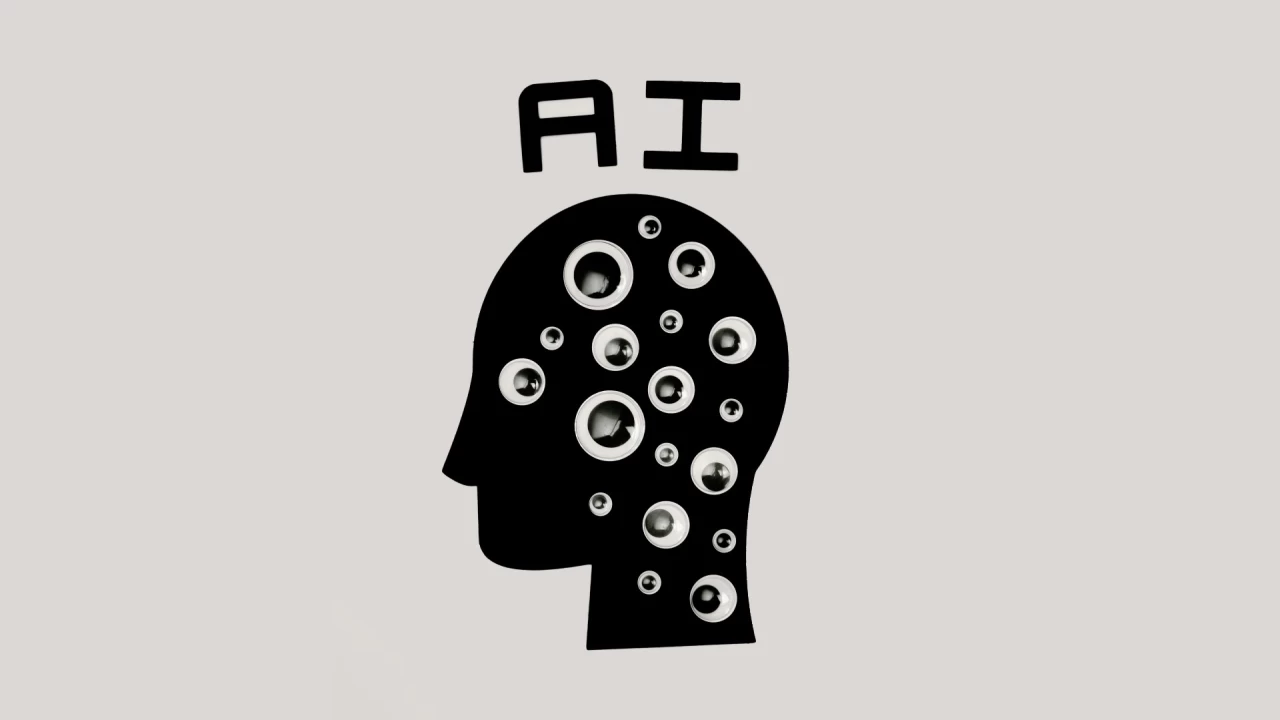The size of your pupils may reveal just how clearly you remember something.
In a bold move, TSMC partners with Avicena to revolutionize AI data centers using microLED-based interconnects. Ditching lasers for LEDs, this tech promises energy efficiency and lower costs, at the expense of more fibers. Could this be the future of AI scale-up networks? #AI #Innovation
OpenAI’s “smartest” o3 model has been “misbehaving” and is refusing to shut down even when explicitly told to.
A team of scientists has unveiled a breakthrough that could one day propel computers to operate at speeds millions of times faster than today’s most advanced processors.
The discovery, led by researchers at the University of Arizona and their international collaborators, centers on harnessing ultrafast pulses of light to control the movement of electrons in graphene – a material just one atom thick.
The research, recently published in Nature Communications, demonstrates that electrons can be made to bypass barriers almost instantaneously by firing laser pulses lasting less than a trillionth of a second at graphene. This phenomenon, known as quantum tunneling, has long intrigued physicists, but the team’s ability to observe and manipulate it in real time marks a significant milestone.
Penguin guano helps clouds form in coastal Antarctica, making these birds an important factor in the region’s climate.
Anthropic CEO Dario Amodei claims that modern AI models may surpass humans in factual accuracy in structured scenarios. He noted that AI, particularly the Claude series, tends to hallucinate less often than humans when answering specific factual questions.
A new study led by Tohoku University has revealed that rooftop solar panels, when combined with electric vehicles (EVs) as batteries, could supply 85% of Japan’s electricity demand and reduce carbon dioxide emissions by 87%. The research provides a promising pathway for Japan’s local governments to achieve carbon neutrality by taking advantage of existing infrastructure—rooftops and vehicles—rather than relying solely on large-scale energy systems.
A surge in China’s electricity generation, juxtaposed with relatively flat U.S. output, could become a critical factor in the global artificial intelligence race…
SpaceX launches Starship Flight 9: Ship 35 and Booster 14–2 on the ninth orbital test flight!Go to https://myradar.com/ to get the best-rated weather app the…
Participants taking 2,000 IU of vitamin D daily had significantly less telomere loss over four years, study finds.









